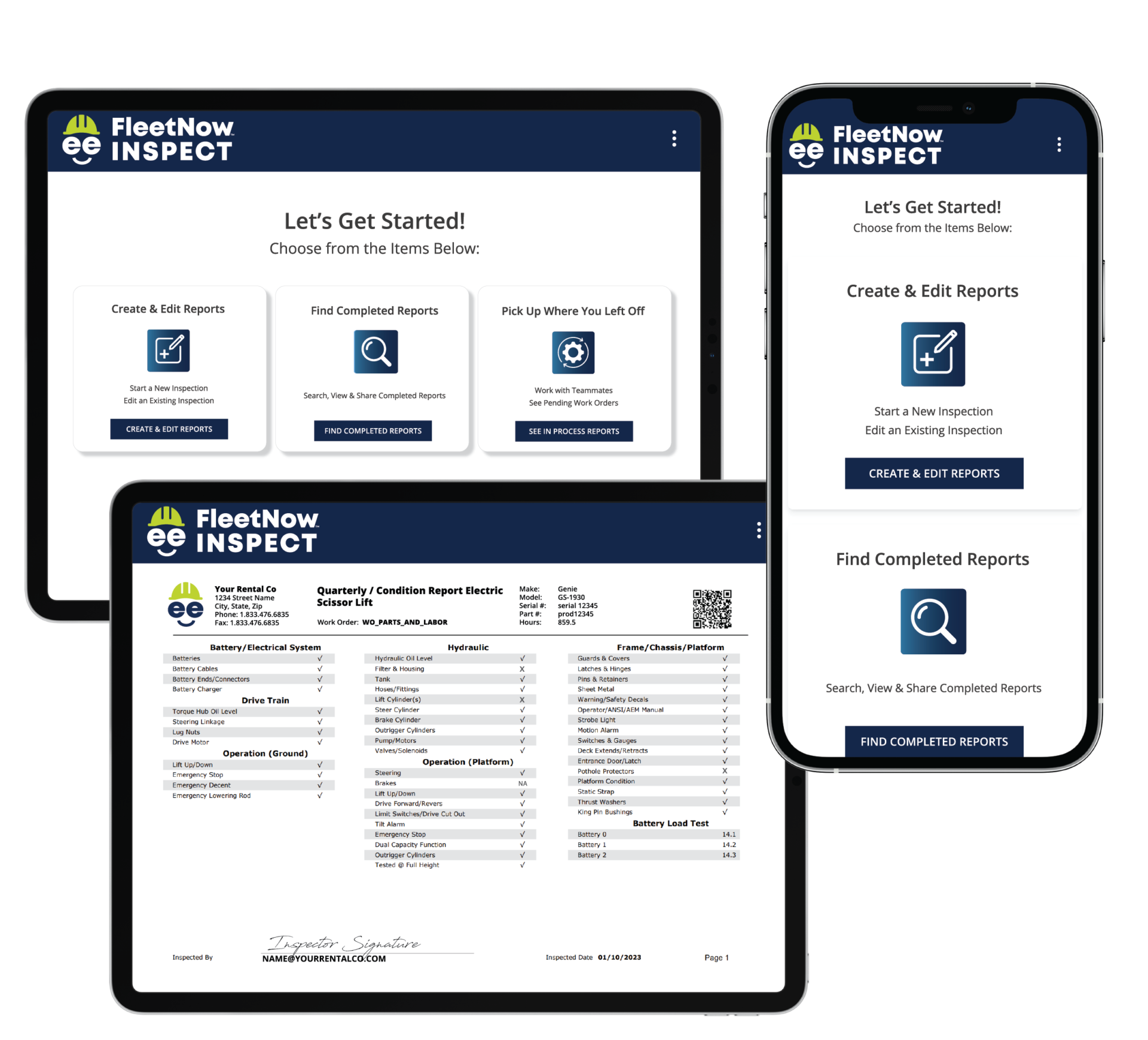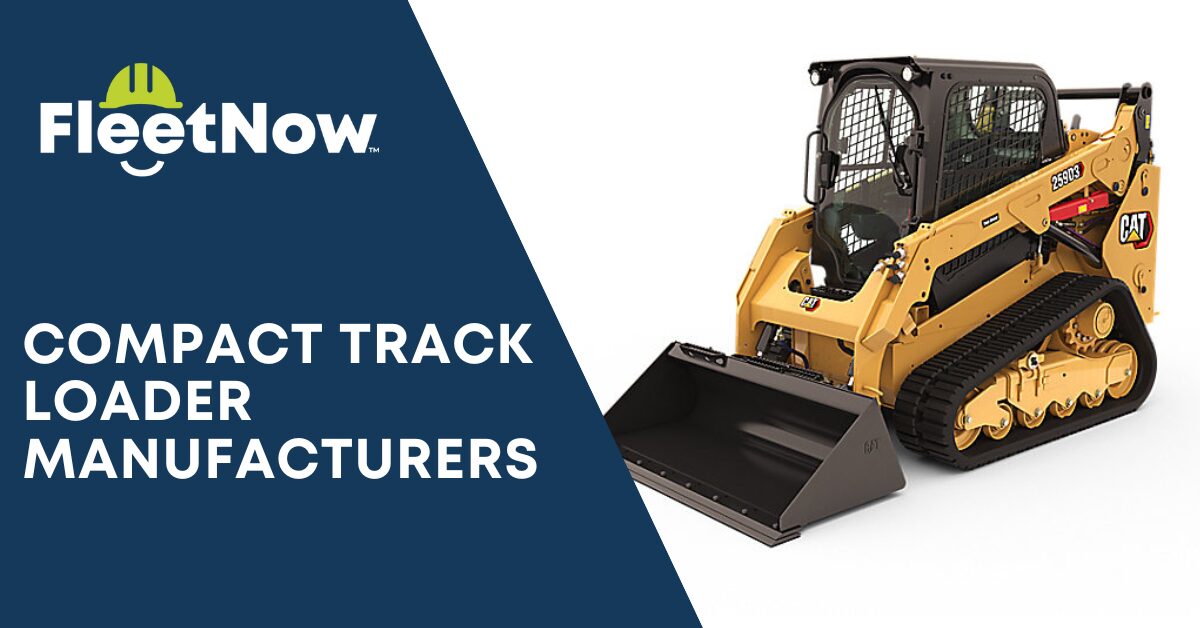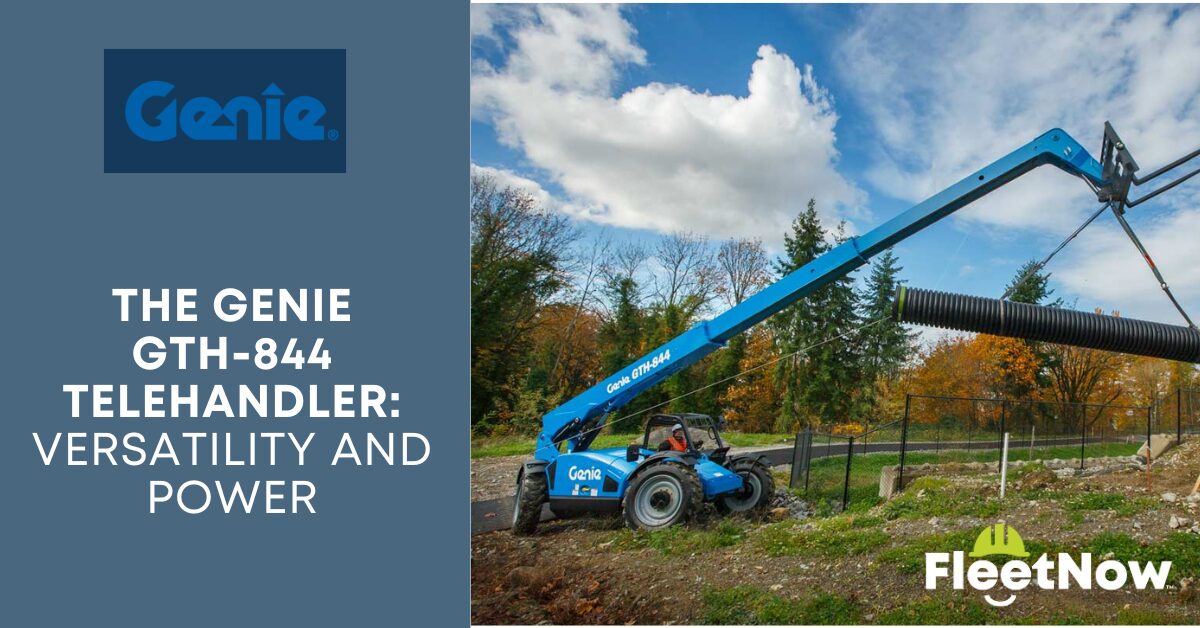Crawler Excavator FAQs: Exploring Your Top Questions
A crawler excavator, sometimes simply called a “crawler,” is a type of heavy construction equipment used for digging and excavation tasks. It’s equipped with tracks (crawlers) instead of wheels, allowing it to move across rough terrain and provide stability while working on uneven surfaces.
What is the difference between a crawler excavator and a wheeled excavator?
Crawler Excavator:
- Uses tracks (crawlers) for mobility.
- Better for rough, uneven terrain and slopes.
- Offers excellent stability and traction.
- Suitable for heavy-duty construction and mining.
Wheeled Excavator:
- Equipped with rubber tires for mobility.
- Faster on smooth surfaces like roads.
- More maneuverable in urban or suburban areas.
- Ideal for light to medium construction tasks on stable ground.
How are crawler excavators used?
Crawler excavators are versatile machines used for various tasks in construction, mining, forestry, demolition, and other industries. Here are common uses of crawler excavators:
Excavation and Digging: Crawler excavators are primarily used for digging and excavating tasks. They can dig trenches, foundations, and holes for utilities like pipelines and cables.
Loading and Material Handling: These excavators are equipped with buckets or other attachments (such as grapples or thumbs) that allow them to load materials like soil, gravel, rocks, and debris into trucks or onto conveyors.
Site Preparation: Crawler excavators are used to clear and level land, remove vegetation, and prepare sites for construction projects such as buildings, roads, and landscaping.
Demolition: With specialized attachments like hydraulic breakers or shears, crawler excavators can demolish structures, break concrete, and remove debris from demolition sites.
Earthmoving and Grading: They are used to move large amounts of earth and perform grading tasks to create slopes, embankments, and contours on construction sites.
Utility Installation: Crawler excavators are employed to install underground utilities like sewer lines, water mains, and drainage systems by digging trenches and placing pipes or conduits.
What maintenance is required for a crawler excavator?
Maintaining a crawler excavator is crucial to ensure optimal performance, longevity, and safety. Here are some key maintenance tasks typically required:
- Regular Inspections: Conduct daily, weekly, and monthly inspections to check for any signs of wear, damage, or leaks. Inspect tracks, undercarriage components, hydraulic hoses, and attachments thoroughly.
- Track Tension: Regularly adjust track tension according to manufacturer recommendations to ensure proper tracking and reduce premature wear on undercarriage components.
- Lubrication: Keep all moving parts well-lubricated, including track rollers, idlers, sprockets, and hydraulic components. Follow the manufacturer’s guidelines for lubrication intervals and the type of lubricant to use.
- Fluid Checks: Check and maintain appropriate levels of engine oil, hydraulic fluid, coolant, and fuel. Monitor for any signs of contamination or leaks.
- Filter Replacement: Regularly replace engine oil, fuel, hydraulic, and air filters according to the manufacturer’s recommended intervals to maintain optimal engine performance and prevent contamination.
- Cooling System Maintenance: Clean radiator fins regularly to prevent overheating. Check coolant levels and condition periodically and replace coolant as needed.
- Undercarriage Care: Keep the undercarriage clean and free of debris to prevent premature wear on components. Inspect and replace worn or damaged track pads, rollers, idlers, and sprockets.
- Hydraulic System Inspection: Check hydraulic hoses, fittings, and cylinders for signs of leaks, wear, or damage. Replace any worn or damaged components promptly to prevent hydraulic system failure.
- Electrical System: Inspect wiring harnesses, connectors, and electrical components regularly for signs of wear, damage, or corrosion. Ensure all lights, switches, and gauges are functioning properly.
- Operator Training: Provide operators with proper training on equipment operation and maintenance procedures to ensure they understand how to operate the excavator safely and perform routine maintenance tasks.
Regular and proactive maintenance of a crawler excavator is essential for maximizing productivity, minimizing downtime, and extending the lifespan of the equipment. Always refer to the manufacturer’s maintenance guidelines and schedule for specific recommendations tailored to your excavator model.
How long does a crawler excavator last?
The lifespan of a crawler excavator can vary depending on several factors, including its usage, maintenance, operating conditions, and quality of components. Generally, a well-maintained crawler excavator can last anywhere from 10,000 to 30,000 hours of operation before requiring major overhauls or significant component replacements.
For excavators used in demanding conditions such as mining or heavy construction, the lifespan might be closer to the lower end of this range. On the other hand, excavators used for lighter tasks and maintained properly can potentially exceed 30,000 hours of operation.
Regular maintenance, including oil changes, lubrication, inspection of hydraulic systems, and timely repairs, is crucial for extending the lifespan of a crawler excavator. Additionally, operators’ skills and adherence to operational guidelines can impact the wear and tear on the machine.
When purchasing a used crawler excavator, it’s essential to consider the number of hours it has been operated and the maintenance history to assess its remaining lifespan and potential longevity under your intended use.
What should I look for when shopping for a crawler excavator for sale?
When shopping for a crawler excavator, several factors should guide your decision. Firstly, assess the size and capacity of the excavator to ensure it aligns with your project requirements. Larger excavators offer greater digging depth and capacity but may not be practical for smaller job sites. Secondly, consider the performance and features of the excavator. Look for models with sufficient engine power, hydraulic capabilities, and reach. Evaluate additional features such as adjustable boom configurations, auxiliary hydraulics for attachments, and operator comfort amenities like air-conditioned cabs. Thirdly, prioritize durability and maintenance considerations. Choose a reputable brand known for producing reliable and durable excavators that require minimal maintenance. Research the availability of spare parts and the manufacturer’s service network to ensure ongoing support. Lastly, factor in the overall cost, including purchase price, operating expenses, and potential resale value. By evaluating these aspects, you can select a crawler excavator that best suits your needs and budget for your construction or excavation project.
















